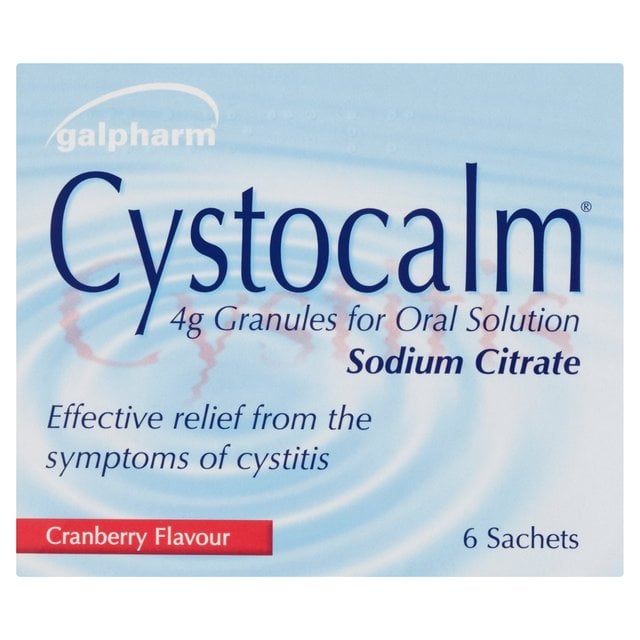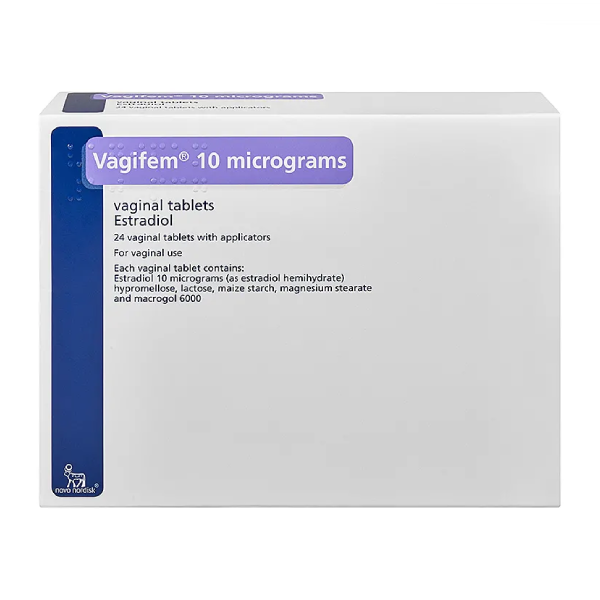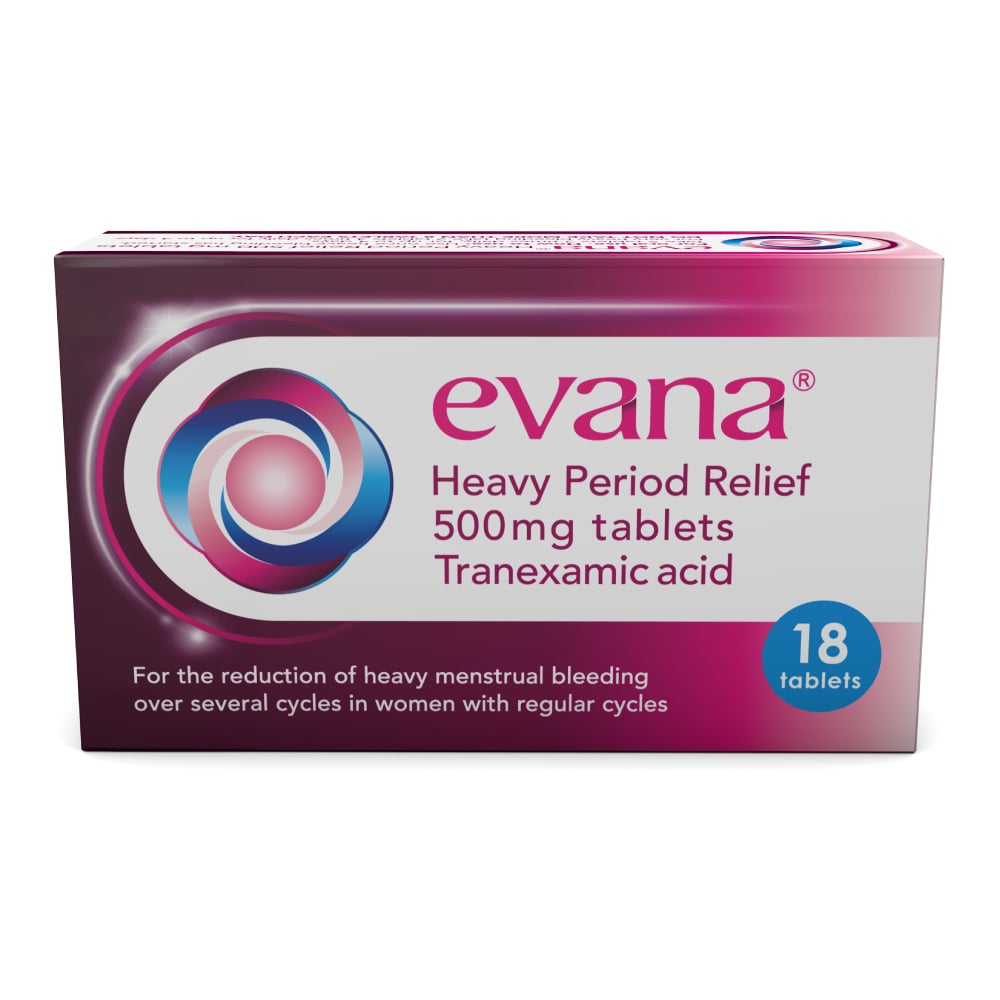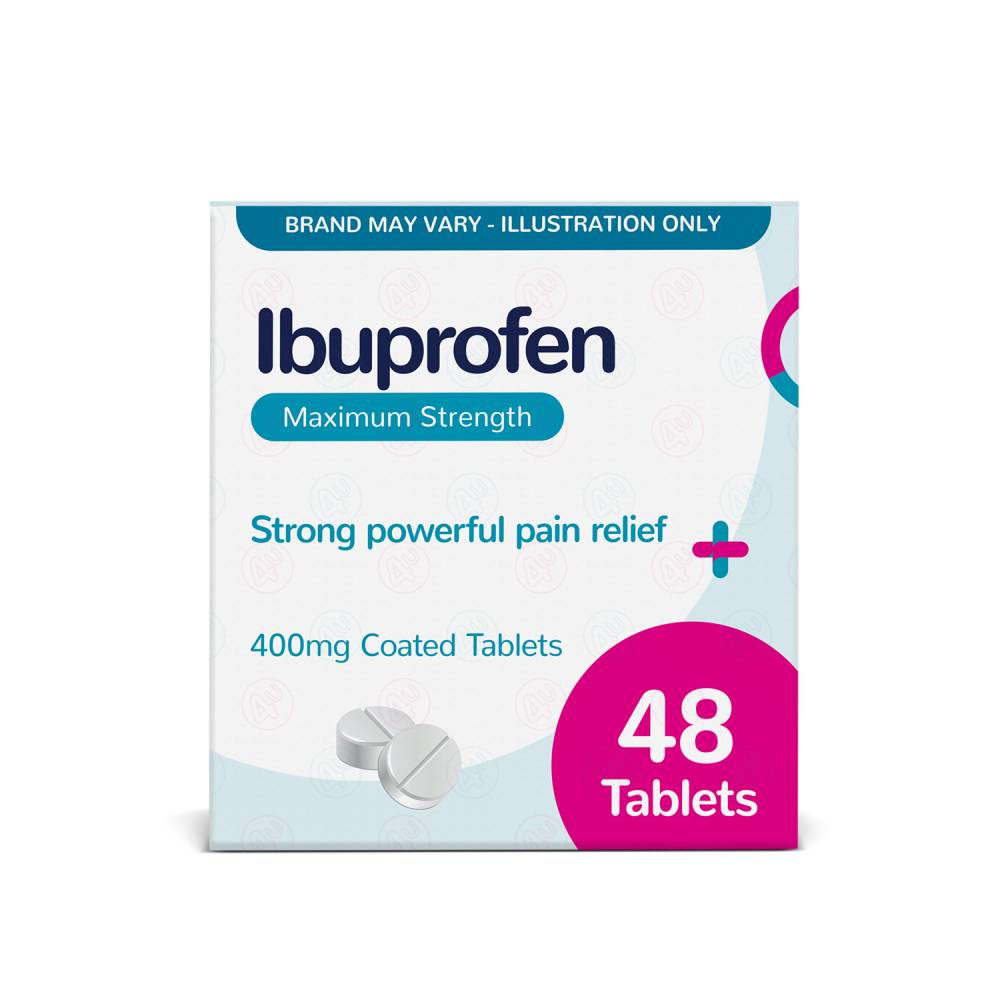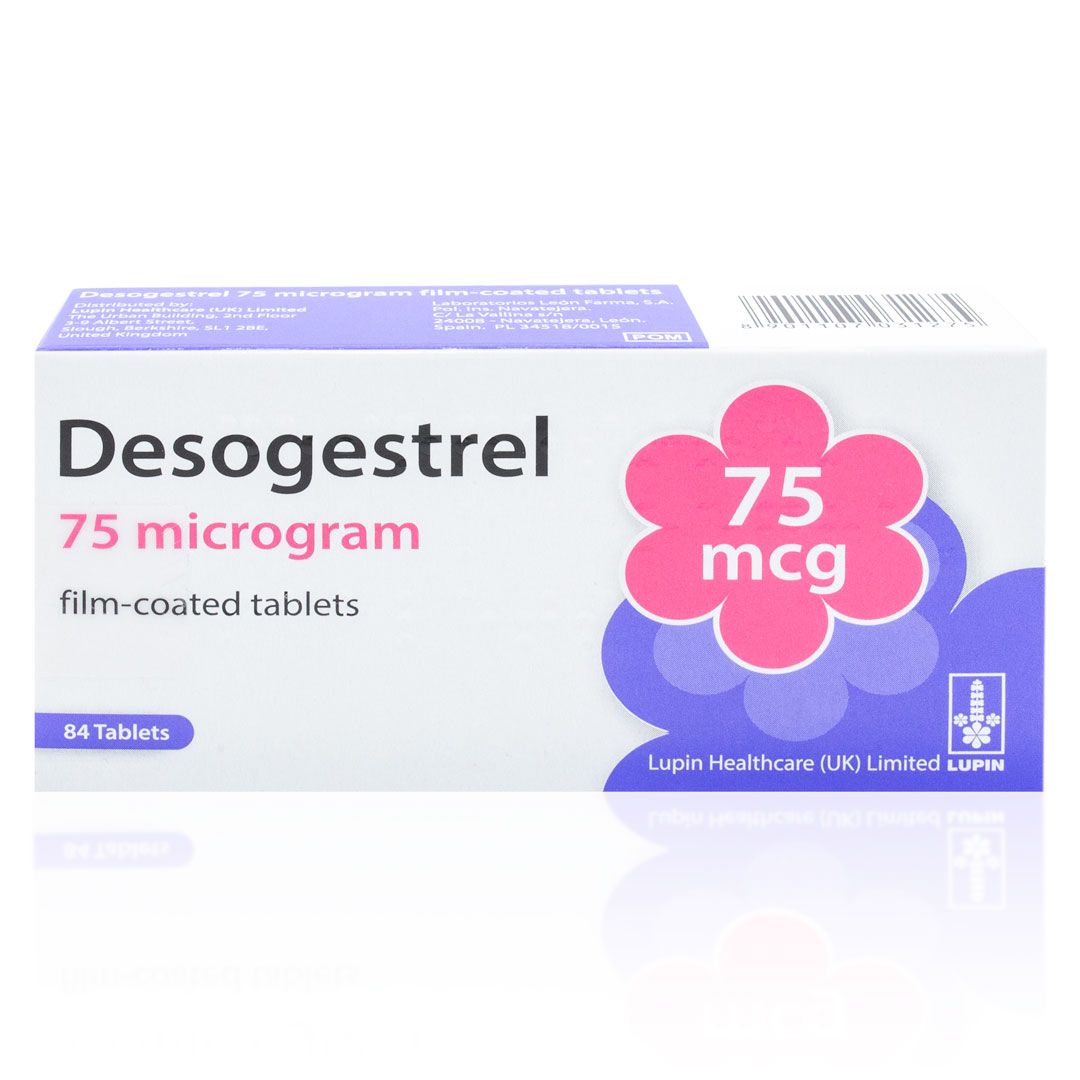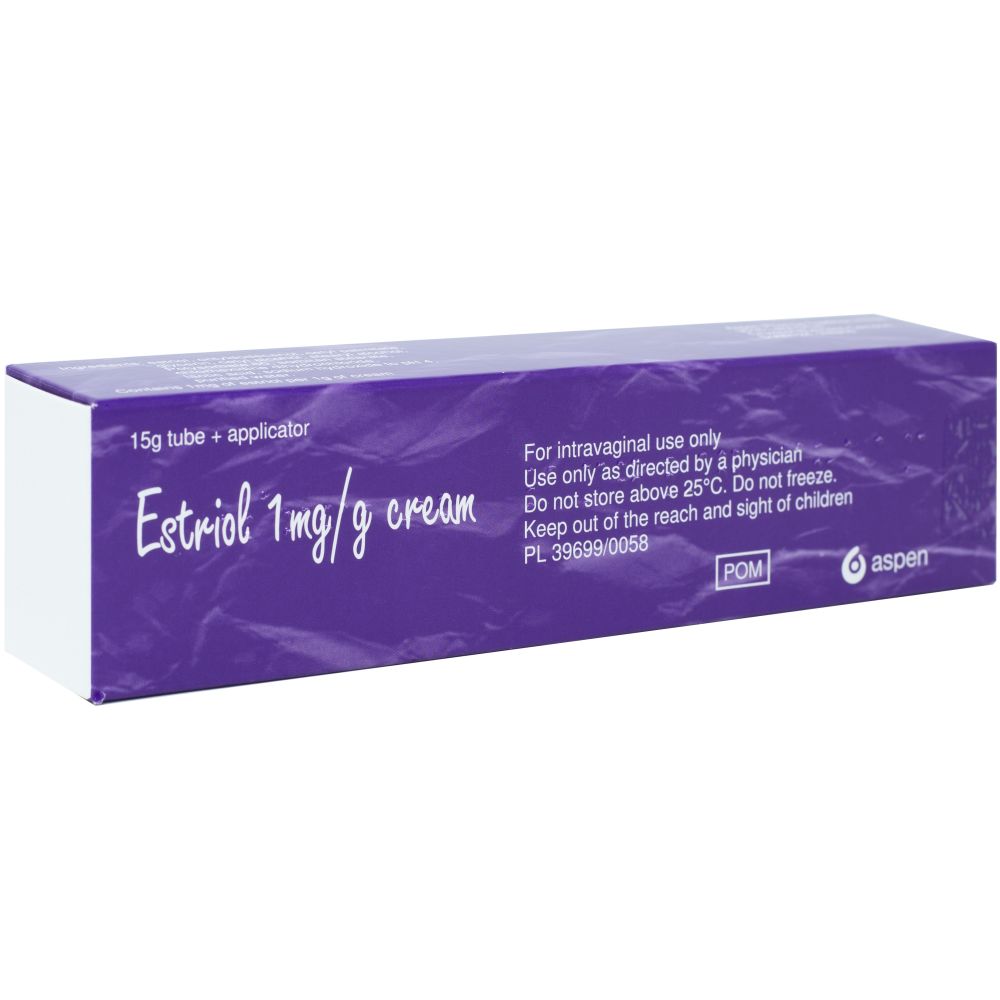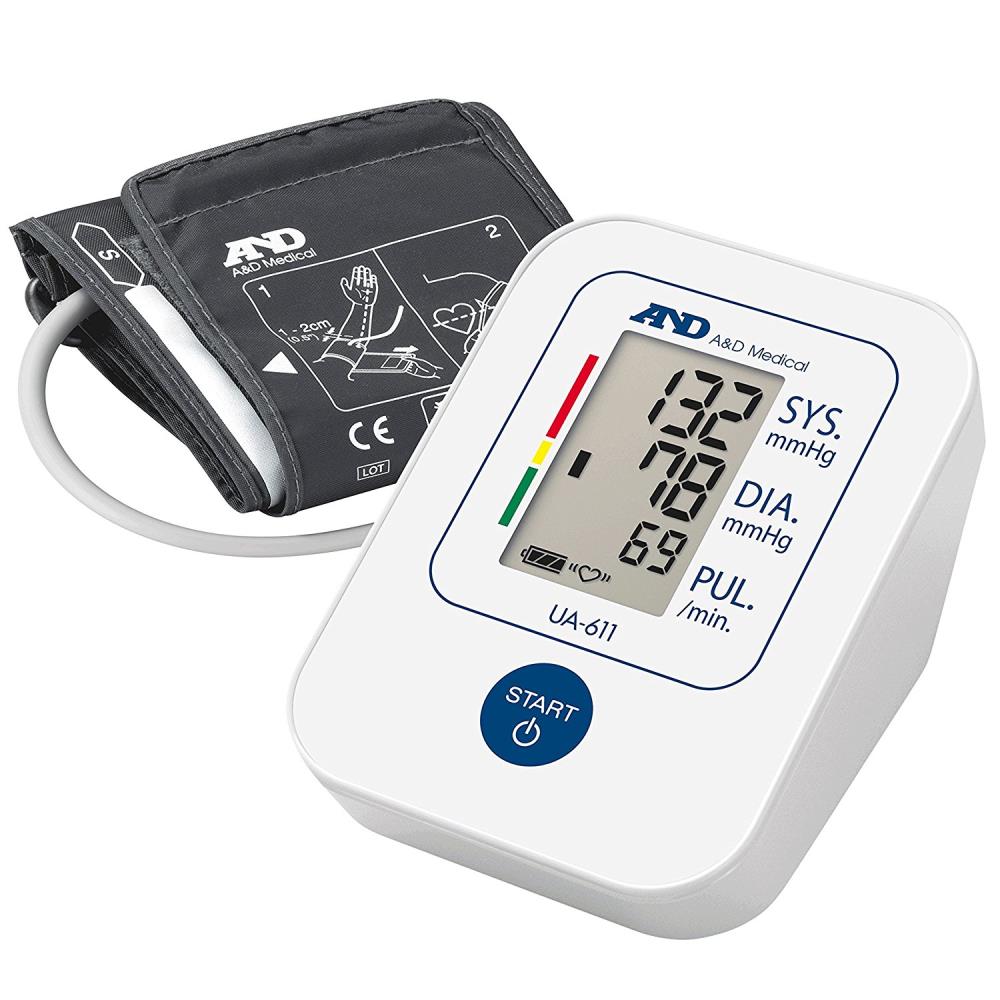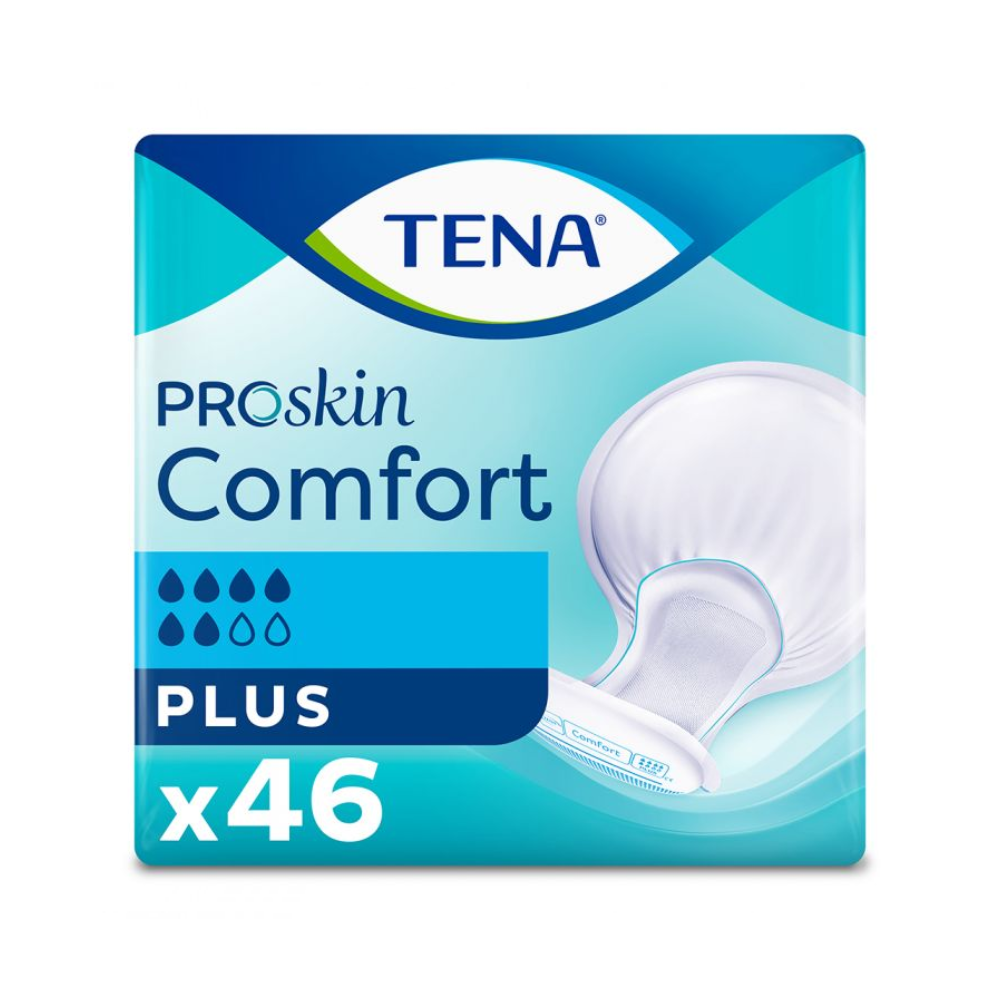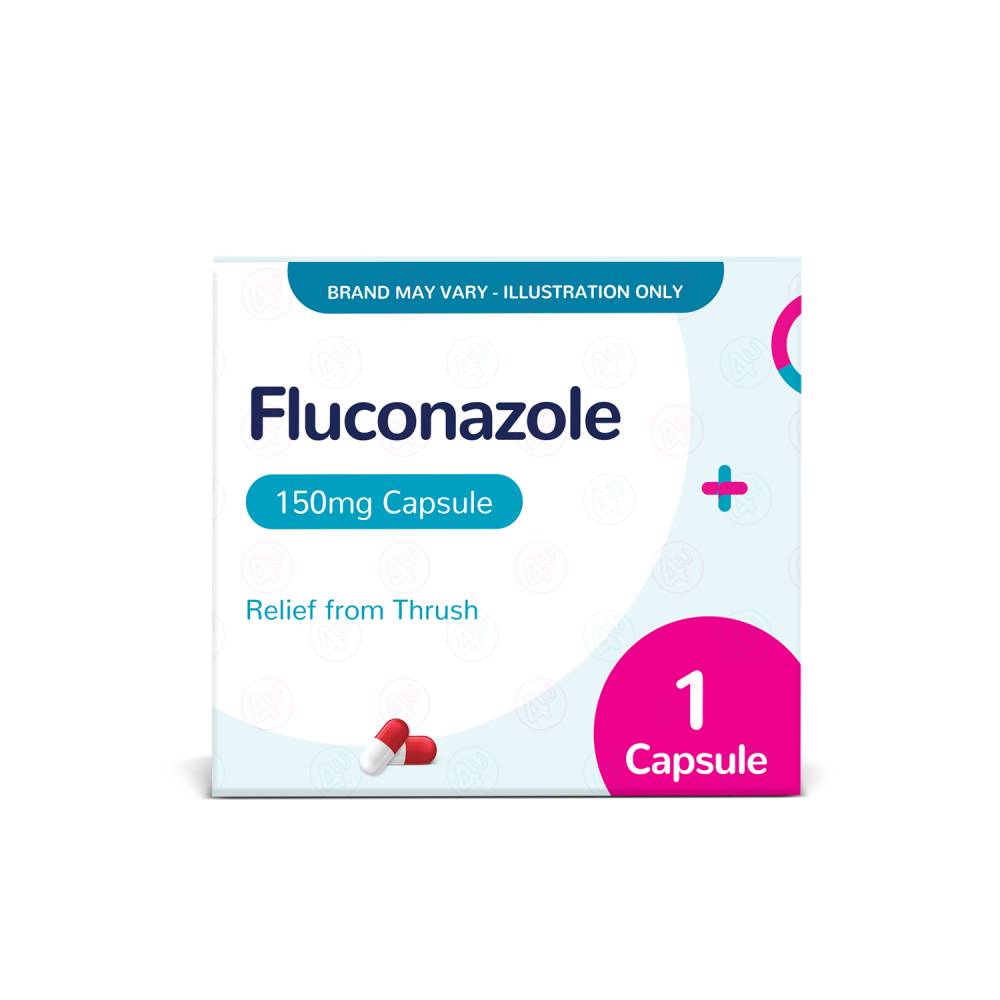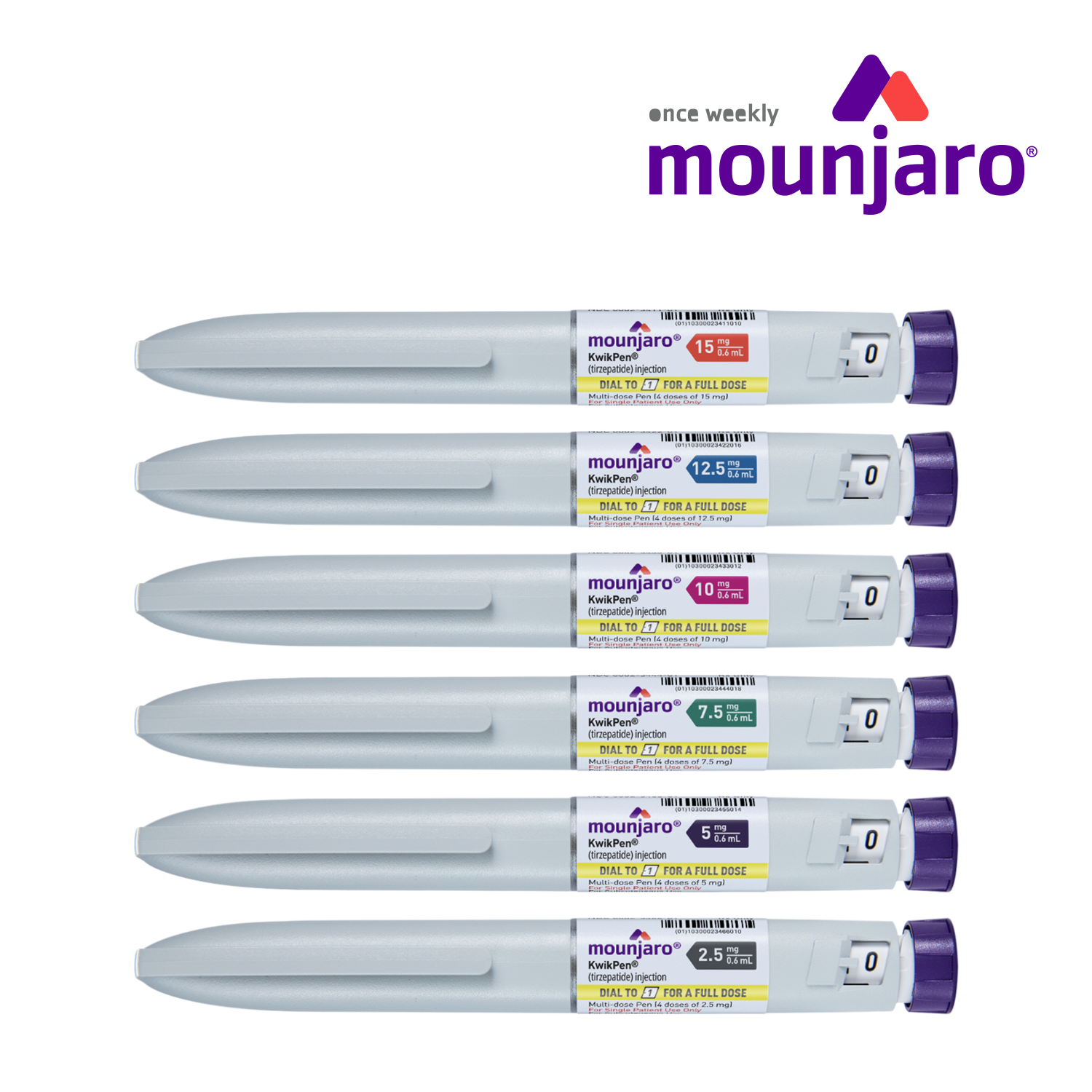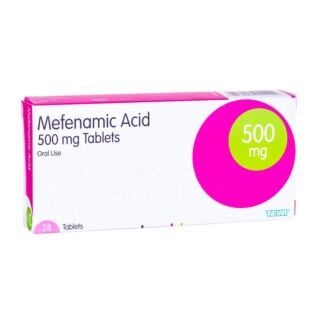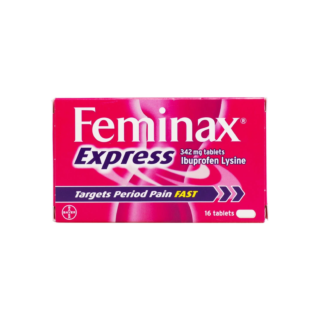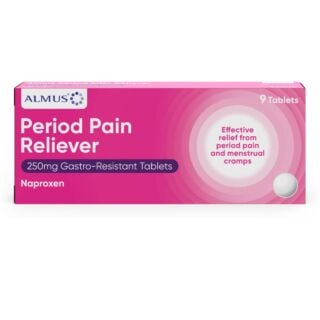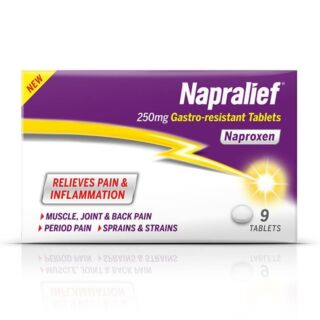Period Pain
Period pain is a common symptom of the menstrual cycle. Many experience mood changes and cramping in the lower abdomen or back before and during their period, ranging from mild discomfort to pain that affects daily life. … Read More See less
While menstrual cramps are often a normal part of menstruation, for some they can be more intense and persistent. Thankfully, there are many ways to find period pain relief - from simple self‑care remedies to effective over‑the‑counter treatments.
What is period pain?
Period pain - or dysmenorrhea to give it its medical name - describes the cramping, aching or throbbing sensation that often occurs in the tummy during the menstrual cycle.
It’s caused by the muscles of the womb contracting during a period. These contractions can temporarily reduce blood flow and oxygen supply, leading to pain.
For most people symptoms last two to three days and is often worst when bleeding is heaviest. It should start to improve as the bleeding eases, though in some cases the discomfort can be more severe and longer‑lasting.
Is period pain and menstrual cramps the same thing?
Yes - period pain and menstrual cramps describe the same discomfort that happens before or during your period.
Both terms refer to the muscle contractions in the womb that help shed its lining, which can cause aching or severe cramping in the lower tummy and back. Some women may also feel nauseous or dizzy and can suffer mood changes too.
The level of pain varies from person to person, ranging from mild to severe. The pain may last for a few hours or several days.
Types of period pain
Period pain can be divided into two main types - primary dysmenorrhoea and secondary dysmenorrhoea.
Both involve discomfort during your period, but they have different causes and may need different approaches to manage them.
Understanding which type you have can help you find the most effective period pain treatment.
What is primary dysmenorrhoea?
Primary dysmenorrhoea is the most common type of period pain. It’s caused by natural chemical changes in your body that trigger the muscles in the uterus to tighten during menstruation.
These contractions help shed the womb lining, but they can also reduce blood flow and oxygen leading to cramping and discomfort.
You may be more likely to experience primary dysmenorrhoea if:
- Your first period started before the age of 12
- You’re under 30 years old
- Your BMI is below 20 or above 30
- You haven’t had a baby
- You smoke
- There’s a family history of painful periods
What is secondary dysmenorrhoea?
Secondary dysmenorrhoea is period pain caused by an underlying health condition, such as:
- Endometriosis - a condition where tissue from the lining of the womb lining grows outside the womb
- Fibroids - Non‑cancerous growths in or around the womb
- Pelvic inflammatory disease - An infection of the reproductive organs, often caused by sexually transmitted infections
In this case, the cramps are a symptom of another problem rather than part of your normal cycle.
Pain may start earlier in your cycle, last longer or feel more severe than with primary dysmenorrhoea.
What can I do to stop period pains?
There are many ways to manage period pain - be it over‑the‑counter medicines or simple lifestyle changes.
What works best can vary from person to person so you may find that you need to try a few different approaches to land on the most effective period pain relief for you.
Let’s go through some of the common options and remedies available:
What tablets help with period pain?
Some medicines can help reduce menstrual cramps and make periods more manageable. These include:
- Ibuprofen or naproxen– Anti‑inflammatory painkillers that reduce the production of prostaglandins, the chemicals that trigger cramping
- Paracetamol– Can ease mild to moderate pain and is suitable if you can’t take anti‑inflammatories
- Combined contraceptive pill – Can regulate your cycle and make periods lighter and less painful
How else can I get rid of period pains without medication?
Non‑medicinal options can also help manage discomfort, such as:
- A heat pad or hot water bottle that you apply to your abdomen or lower back
- Gentle exercise like walking, stretching or yoga to improve blood flow
- Relaxation techniques such as deep breathing or meditation
- Getting plenty of rest and sleep
Period pain remedies you can try at home
You don’t always need to leave the house to find external relief from period pain. Many people manage their cramps and discomfort with simple at‑home remedies that can be just as effective - especially for mild symptoms.
These approaches focus on creating comfort, supporting your body and easing menstrual cramps in your own space.
Here’s a few things to try:
- Take a warm bath to relax tense muscles
- Drink plenty of fluids to stay hydrated
- Eat a balanced diet with plenty of fruits, vegetables and whole grains
- Limit caffeine and salty foods as they can make bloating and cramps worse
- Reduce smoking and alcohol as they can affect circulation and inflammation
- Increase your Omega-3 and Magnesium levels
When should I see a doctor?
Mild to moderate period pain is common, but if your cramps are severe, long‑lasting, or suddenly become worse, then it might be worth speaking to your GP.
You should also seek medical advice if the pain is disrupting your daily life, your sex life or if your periods have become heavier or irregular and over‑the‑counter medicines are no longer helping.
In some cases, severe menstrual cramps can be a sign of an underlying condition such as endometriosis, fibroids or pelvic inflammatory disease. Your doctor can assess your symptoms, rule out other causes and recommend the most suitable period pain treatment for you.
Sources
- https://www.nhs.uk/symptoms/period-pain/
- https://www.bupa.co.uk/health-information/womens-health/dysmenorrhoea
- https://www.nhsinform.scot/healthy-living/womens-health/girls-and-young-women-puberty-to-around-25/periods-and-menstrual-health/period-pain-dysmenorrhoea/
- https://www.nidirect.gov.uk/conditions/period-pain
- https://medlineplus.gov/periodpain.html
- https://www.mayoclinic.org/diseases-conditions/menstrual-cramps/symptoms-causes/syc-20374938
- https://cks.nice.org.uk/topics/dysmenorrhoea/
- https://www.healthdirect.gov.au/painful-periods
- https://www.nurofen.co.uk/pain-advice/adult/painkillers-for-period-pain/
- https://www.mayoclinic.org/diseases-conditions/menstrual-cramps/diagnosis-treatment/drc-20374944
- https://www.bupa.co.uk/newsroom/ourviews/natural-remedies-period-pain

Free delivery when you spend over £39

100% discreet delivery for every item ordered

Fully regulated UK pharmacy
What causes period pain?
Period pain is extremely common, affecting most women at some point in their lives.
It can be extremely painful, with intense spasms in the stomach and pain that can spread to the back and thighs
During a period, the muscular wall of the womb starts to contract so the lining can shed.
When this contraction happens, blood vessels in the lining of the womb are compressed and the blood supply to the womb is temporarily cut off.
When there’s no blood supply, there’s no oxygen, and this causes the tissues in the womb to release chemicals that trigger pain.
When those chemicals are released, hormones called prostaglandins encourage the muscles in the womb to contract even more and the pain further intensifies.
Sometimes, certain medical conditions can make your periods heavier and more painful.
These include endometriosis, fibroids, pelvic inflammatory disease or adenomyosis.
Can period pain give you back pain?
Although menstrual cramps normally cause period pain in your stomach, it can also give you lower back pain.
This is because the muscle cramps around your womb can affect your back muscles as well as stomach muscles, especially during particularly heavy periods.
Lower back pain during your period can also be a symptom of a condition called endometriosis, so if you’re worried that this may be affecting you, speak to your doctor as soon as possible.
What can relieve period pain?
If you dread the sharp, poking, cramp-like pain in your stomach each time your period comes knocking, you might be wondering the best ways to help ease it.
By taking over-the-counter pain medicine, like ibuprofen, can help to reduce bleeding and the severity of pain during your period.
Applying heat with something like a hot water bottle or a heating pad on your belly or lower back may relieve pain, in addition to reserving time to rest.
What helps with period cramps?
If you dread the sharp, poking, cramp-like pain in your stomach each time your period comes knocking, you might be wondering the best ways to help ease it.
Taking over-the-counter pain medicine, like ibuprofen, can help to reduce bleeding and the severity of pain during your period.
Applying heat with something like a hot water bottle or a heating pad on your belly or lower back may relieve pain, in addition to reserving time to rest.

